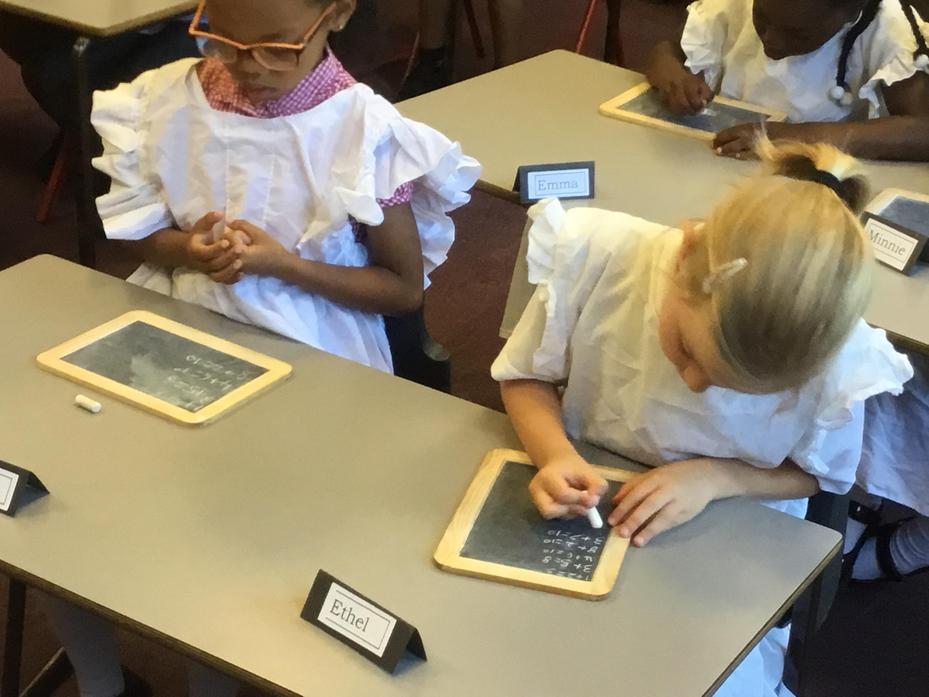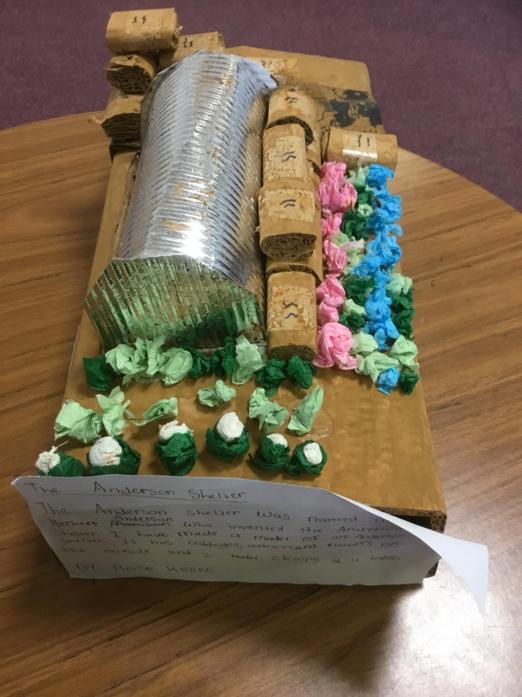History
History at St. Stephen's
At St. Stephen's we try and bring history alive through hands-on experiences such as Now Press Play; through visits to museums and places of historical interest; through drama and by using virtual reality technology. We use a range of evidence and artefacts to encourage engagement and critical thinking. The National curriculum of England says that: A high-quality history education will help pupils gain a coherent knowledge and understanding of Britain’s past and that of the wider world. It should inspire pupils’ curiosity to know more about the past. Teaching should equip pupils to ask perceptive questions, think critically, weigh evidence, sift arguments, and develop perspective and judgement. History helps pupils to understand the complexity of people’s lives, the process of change, the diversity of societies and relationships between different groups, as well as their own identity and the challenges of their time.
Our Intent
- To develop a sense of chronology, recognise how time is measured, know that some things change and some things stay the same and learn how to make comparisons between them.
- To stimulate curiosity about the past in Britain and the wider world and to then develop an understanding of the present in the light of the past, identifying trends and common themes.
- To investigate how and why events happen and how they may be linked and identify turning points in history and their significance.
- To learn what it was like to live in different periods and recognise what motivated the people who lived then, to recognise achievements of the past and make comparisons with the present.
- To recognise that there are some things we can never know about the past: that history has to be constructed from fragments of the past that have survived and the need to be discerning about how evidence is used.
- To investigate local historical events and appreciate their connection to, influence upon and significance in the context of national and world-wide trends.
- To make thoughtful use of a variety of sources in order to find out about the past and to develop the necessary skills needed to interpret different accounts of historical events.
- To communicate their ideas in a variety of ways, with clarity and independence.
- To develop a variety of other skills including, investigation, analysis, evaluation and presentation.
- To encourage in children an understanding of society and their place within it, so that they develop a sense of their cultural heritage.
Our Implementation
- Timetabling regular lessons and using a wide range of media for planning and resourcing, including artefacts and VR.
- Planning topics so that they build upon prior learning.
- Ensuring children of all abilities have the opportunity to develop their skills and knowledge in each unit through the planned progression built into the scheme of work, offering increasing challenge.
- By emphasising critical thinking skills, looking for connections, causes, similarities and significance of events.
- By fulfilling the statutory requirements set out in the History programmes of study: Key Stage 1 and 2 of the 2016 National Curriculum.
- Using teacher toolkits to ensure teachers are confident in subject knowledge and lesson progression.
- Using student toolkits to ensure children start with a knowledge harvest and have key questions/ key vocabulary.
- Taking advantage of the benefits of interactive learning opportunities with use of artefacts, visits to museums and places of interest to make learning memorable.
- Assessments- checking learning through topic toolkit assessments at the end of each block.
Our Impact
- Children develop a strong sense of key events in time and the chronology of them.
- Children both learn about and are curious about a range of significant events, making links between them and understanding common themes.
- Children are able to use and scrutinise a range of evidence and artefacts and ask questions that explore bias.
- Children can investigate and explore the past through research, analyse evidence and present findings coherently.
- Children will understand more of their own cultural heritage, the local history and links between personal histories and national trends.
Our History curriculum

|

|

|

|

|

|

|

|

|

|

|

|
